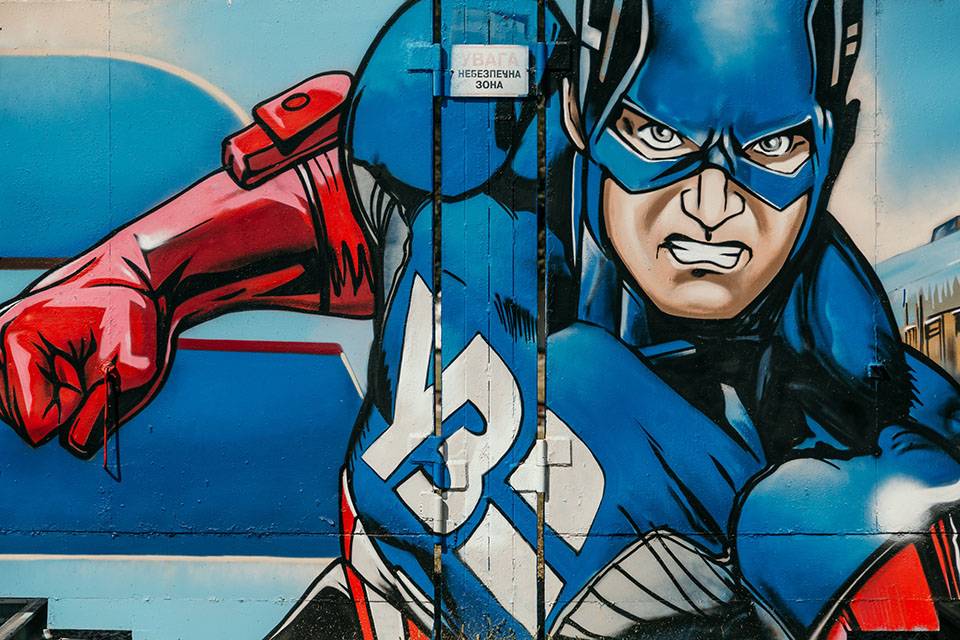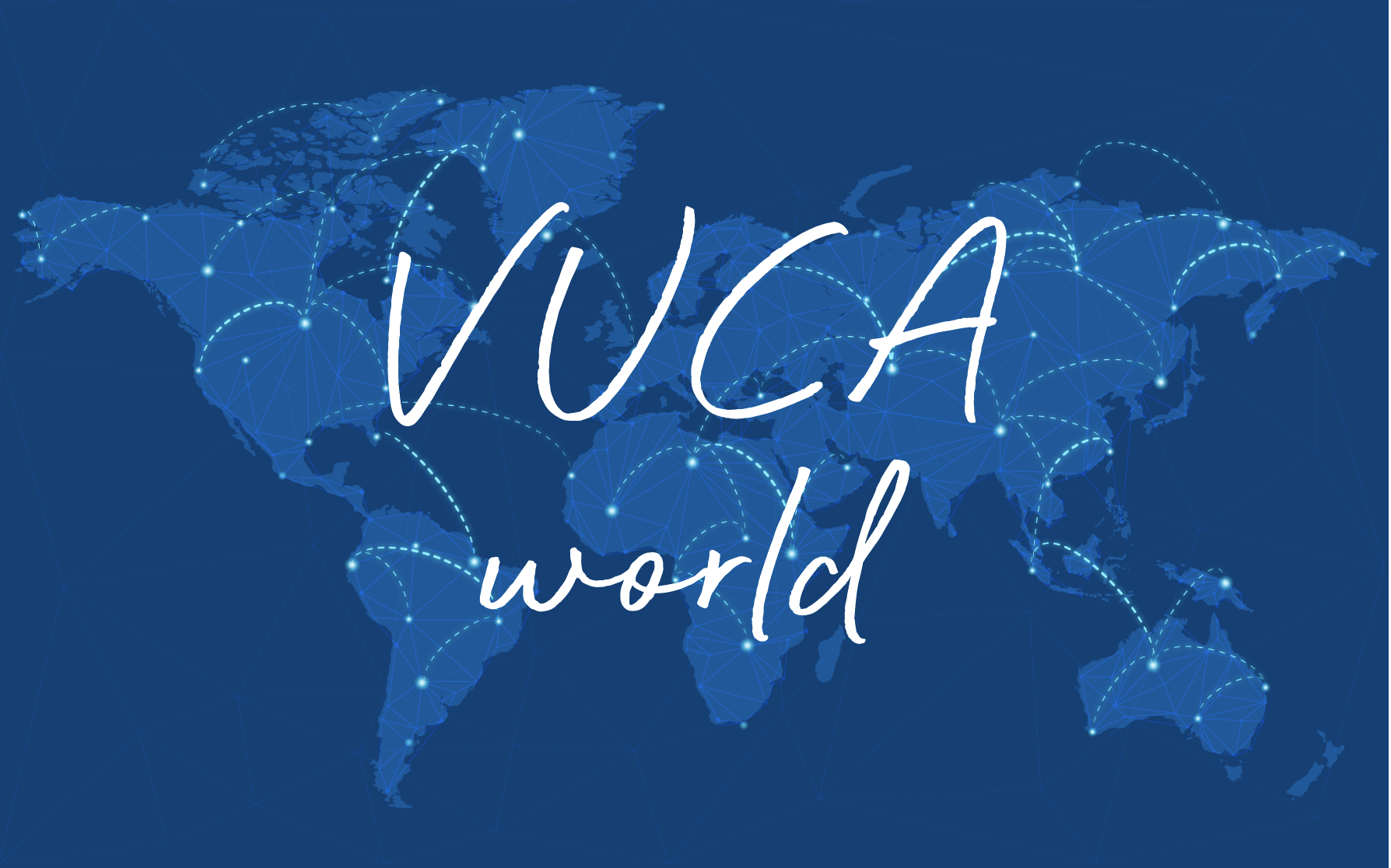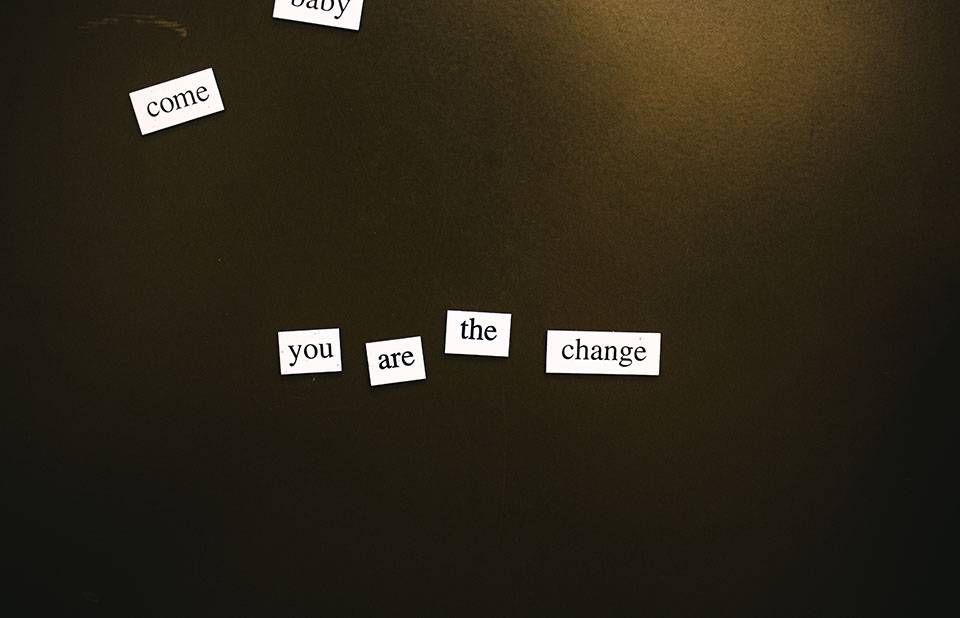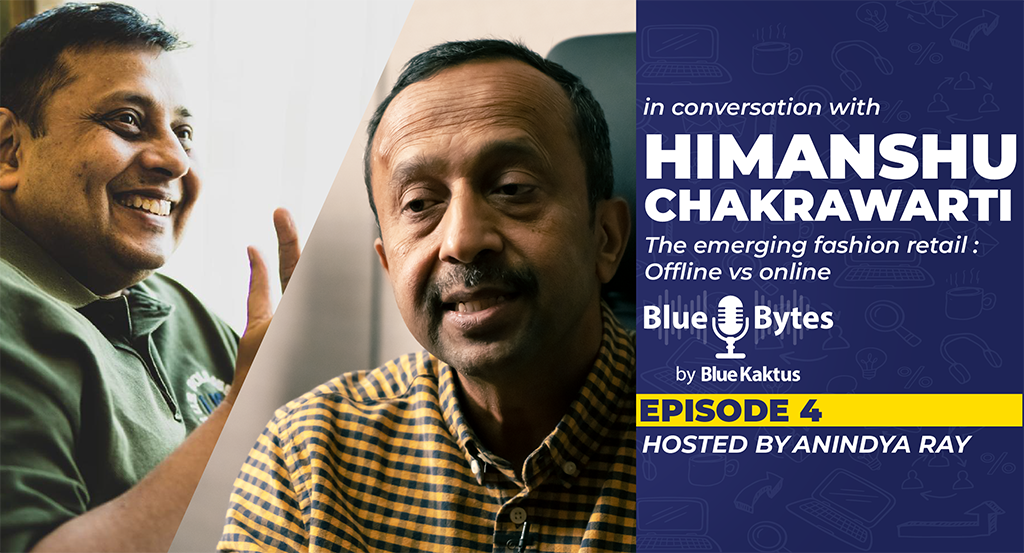Individual brilliance or group excellence?
This has been and continues to be a fascinating topic. There have been many storms in teacups during discussions and quite often there are heated discussions where passions run high.
Understandably so.
Come to think of it, there are more visible instances of individual brilliance delivering. The gravitational theory was not proposed by a committee, Mona Lisa wasn’t made post any collective debate, Facebook is the idea of one man.
Although not as head-turning but if one looks around there is enough evidence of group excellence delivering consistent success, conquering everything that’s been thrown at them over a long time. There the system is the superstar. For example, you have the corporate behemoth IBM (now over 100 years in existence) on one hand, and our own Mumbai Dabawallas on the other hand ( apparently there are minuscule errors in their deliveries) and several others in between.
Therefore one wonders about the original question and perhaps it was never an either-or choice.
It had always been about a certain balance and priorities. Not all stars find it difficult to work in groups and in well-run groups there are also a few stars.
All good.
But if I ask myself as a member of the society and as a working professional have we got this balance right in our organizations?
The answer is perhaps a discomforting no!.
We have perhaps far too many organizations believing that individual brilliance is all that matters and such organizations are dominated by superhero mindset.

Why is that so?
The answer is perhaps something to do with the word “Competition”.
The dictionary meaning of competition is “the activity or condition of striving to gain or win something by defeating or establishing superiority over others. Not that we are any stranger to the notion of it. We, the Homo Sapiens are living and breathing examples of competing with other species and defeating them in the survival race. The survival of the fittest is something that we get. Right from the childhood and formative years, our education system reinforces it. The entry to higher education like engineering and management is probably the most competitive in the world. By the time we join the workforce it is clear that companies also want the best and the brightest. Once that hurdle is crossed, it dawns that we need to perform better than our colleagues to move ahead.
In fact, there is such an emphasis that we tend to convert our life to a race and we want to be the fastest.
Winning, therefore, is so important because, in the end, it is a zero-sum game.
If I win you lose and if you win then I will have to lose- not a proposition to look forward to. If you are a winner then the world is at your feet and there is everything to look forward to. So people who win are nothing short of superheroes. Deeply proud of their achievement, confident of their abilities, and filled to the brim with the desire to win.
You may wonder, so what?
Am I arguing against the concept of competition?
Not for even for a moment. The spirit of competition is responsible for bringing up standards, helps people and companies to break new barriers and thereby creating a better tomorrow. I am arguing if tomorrow’s organization can afford to continue having a superhero-driven culture.
Will such an organization even survive?
Before we examine that question, let’s look back. The foundation of the modern organization could be traced back to the industrial revolution. Industries or corporations came into existence and their primary focus was building productivity. The earliest management theories of ‘Scientific management” by Fredric Taylor or “The administrative management theory” by Henry Fayol or Weber’s Bureaucratic theory was aimed at improving productivity by better arranging and driving resources. The goal manifested itself as higher revenue or higher profit and every time it was how large can I reap by sowing as little as possible.
The efficiency mindset.
It allowed a superhero culture to flourish as few capable people could think and others were supposed to execute flawlessly. This had held companies in good stead in a less complex world where the world was not as connected, there were many more empty pastures to grow and the world was less connected.
Now, look at the world today.

We are living in the so-called VUCA world (Volatile, Uncertain, Complex, and Ambiguous) which is becoming more and more diverse. The world is connected and information flows in real-time. It is plentiful and given the rate of churning of new knowledge the complexity dimension is the highest ever. It is now not possible for one person to have all the answers and understand everything about everything.
So, one may argue what’s the problem, let’s have more superheroes. There is a problem with that because there is more to long-term performance than individual brilliance.
Great organizations are as much about how each person does their job and how people work together. Winning teams are more than the sum of their team members. That is what Superhero driven cultures fail to deliver. Basis my experience I have seen the below happen quite regularly-
- Aggression- This is the most visible trait, often camouflaged under the platitude of “go-getter attitude”. What comes inevitably with aggression is a sense of territorialism on issues and people. (my department, my people). The problem with aggression is, it often leads to dysfunction and then waste, as the emphasis is to win every time.
- Shutting People off- Superheroes inherently have the mindset that there are only a few intelligent people and the rest of the team makes up the numbers. They have their own benchmarks for intelligence and people who don’t match up are invisible to them. They are only interested in the opinions of themselves or people in their “intelligence bracket”. Quite often a large part of the organization is shut off, their voices muzzled and their best contributions not asked for. These people often go into a shell and some of them drop their performance levels.
- Win at any cost- Personal credibility of winning becomes more important than the right way of doing things or larger organizational goals. The corporate world is full of examples where companies sank perhaps due to too much reliance on individual brilliance.
As we can see, a superhero-driven culture for sure is going to use a fraction of the workforce effectively.
How often have we heard the sentence ( or shall I say the rule) that “people don’t leave companies but leave their bosses”.
People who remain are disillusioned and ineffective. Do we have the luxury to afford such high wastage? Then what is the answer?
I believe this is the time to make a paradigm shift in leadership mindset.

That essentially means a few things –
(a) Leaders don’t need to be the knights in shining armor or superheroes having all the answers and saving the day. They need to create a shared purpose and make sure to create an environment where everyone feels included, valued, and contributes. Liz Wiseman in her very popular book “Multiplier” talks about leaders who are multiplier as they multiply the organization’s intelligence and capabilities. They tend to make everyone they work with smarter. This is because they tend to bring out the best in everyone. They look at an individual and ask “which way is this person special” and help build the person. There are other kinds of leaders who are called diminishers and you can imagine their impact. They waste resources, suppress talent, delay organization-wide initiatives, and slow down the overall organization.
(b) It is time leaders overemphasize the fact that the common currency in the organization can’t be "competition" anymore. It has to be changed to “asking for and giving help”. With information overload, one does not need to know everything. One has to work in a team or an organization where it is easy to ask for and give help. There is certainly more intelligence available in the organization than what we are using. Imagine having access to the same. It will save time, stops people from reinventing the wheel, and will dramatically improve the quality of the execution. The leader’s job is now to create an ecosystem where people can access each other and ask and give help.
If there is an expectation that such an organization, where all of the above happen must be too goody-goody and the only thing that one does is be nice, then that’s not true. On the contrary please expect such teams to be rife with conflict. Because free speech is safe and people don’t have to hide behind political correctness, there will be much more open debates, no holy cows anymore and passengers will not be tolerated. The group’s loyalty and cohesion are to the common purpose of delivering excellence and therefore everything else is secondary.
I bet that such groups will be able to deliver far more impactful innovations. Any new idea which is born is like a newborn baby, partly messy, partly scared, and not fully formed. What it requires is deep nurture and care, attention to every detail, vaccinations for future-proofing, and the right nourishment to transform it into a great idea.
A fully engaged group with a multiplier leader will be able to do the job much better. I think it is time for each one of us to examine what kind of leaders are we - multipliers or diminishers. Again, there are no set moulds, one can become a diminisher in crisis or vice versa. It is time for self-examination and commitment to making the necessary changes. I believe it's worth it as the payoff for everybody is quite large.
RELATED TOPICS:#Apparel
Leave a comment
Our email address will not be published. Required fields are marked *







4 Comments
Poonam Sood LalAug 23, 2021 at 10:47 am
There are no superhero’s in real life. There are simply leaders who have a little extra instinct They never know everything but have the ability to recognise individual strengths in their teams and make them find the answers No one can individually run an organisation without a team with various abilities. The question is not superhero or team. The question is how to merge the leader and the teams strengths
PrasenjitAug 22, 2021 at 14:44 pm
I must say very well written. In my view there are many who observe these happenings in their surroundings and yet move on, a very few observe and at least acknowledge the issue, but I guess there are very few leaders who acknowledge the issue and try and bring the change too. The paradigm shift. This is very important, not only for the leader or the organisation but also for the individuals who feels trapped and suffocated, even though they know they have adequate skills and knowledge to bring to life the next big thing/change/idea. I wish that you be among those leaders who bring these solutions. Godspeed.
GunishAug 22, 2021 at 08:44 am
Very well written Suman! this is a must read for anyone trying to build an organization. I came across this book "Built to Last" by James Collins. There he talks about precisely the fact that long lasting organizations focus on the "engine" - which delivers consistent and long lasting performance. This engine once built outlasts an individual and is not people dependent. Great article and very practical insights.
Raghunath DevanathanAug 21, 2021 at 11:43 am
Very aptly said but in this race I feel that more companies are giving emphasis to people from only higher echelons of education . Is it that people who are capable of performing even though they have just basis education not to have chance to show their mettle in such organisation. Feel that mindset need to change in many companies .